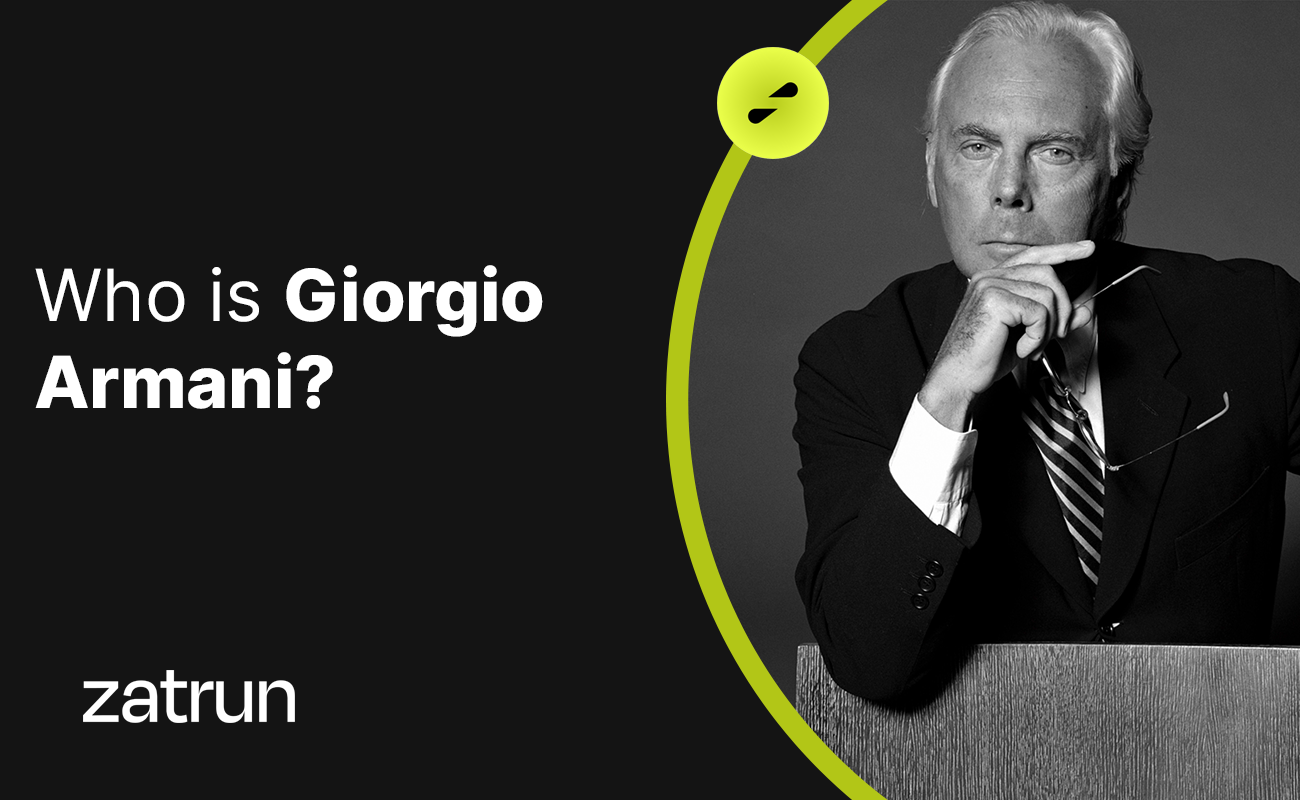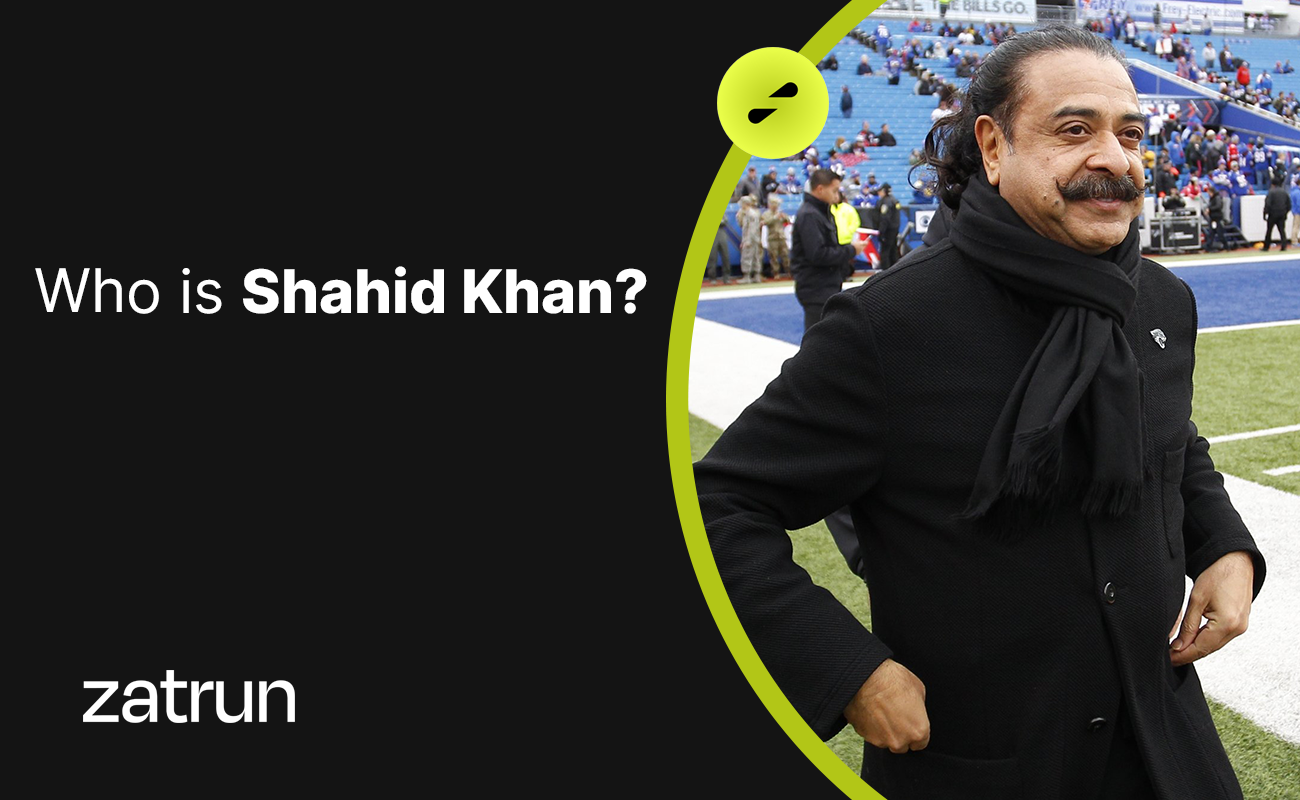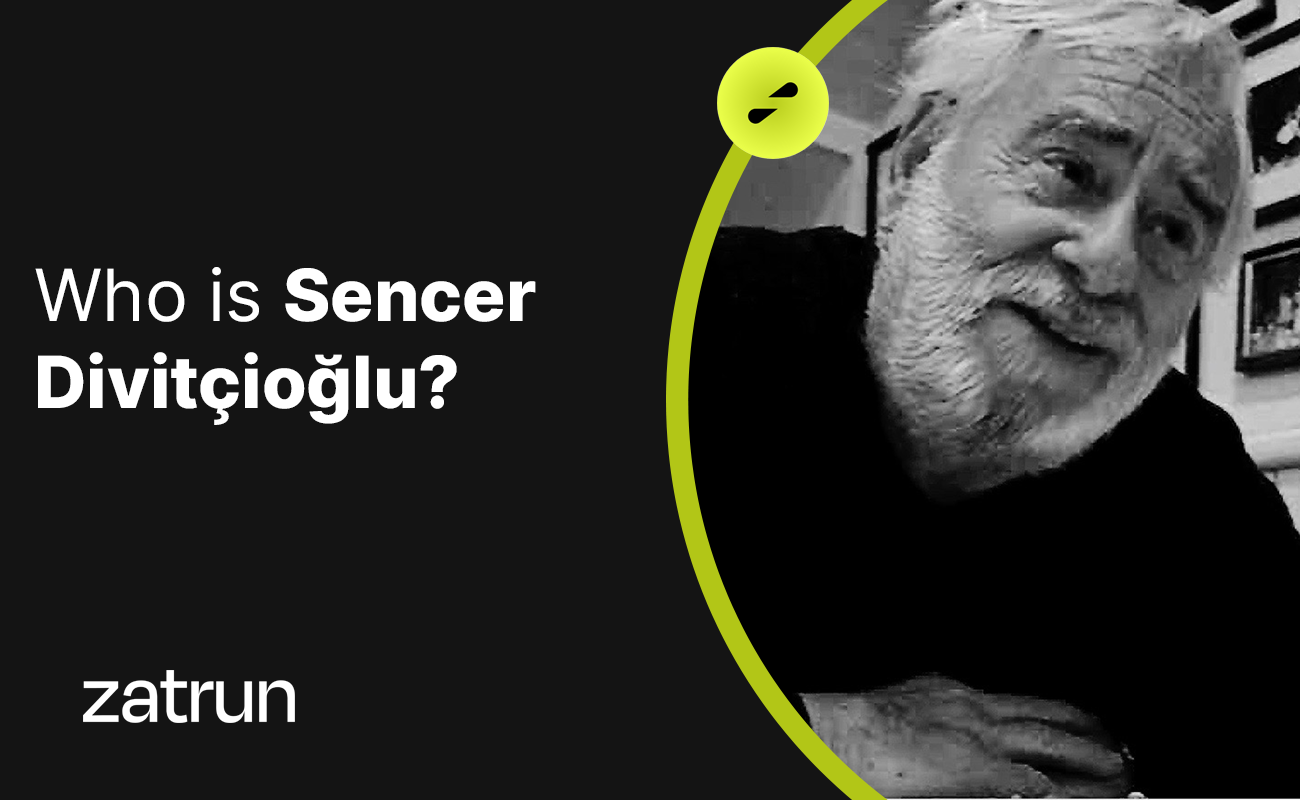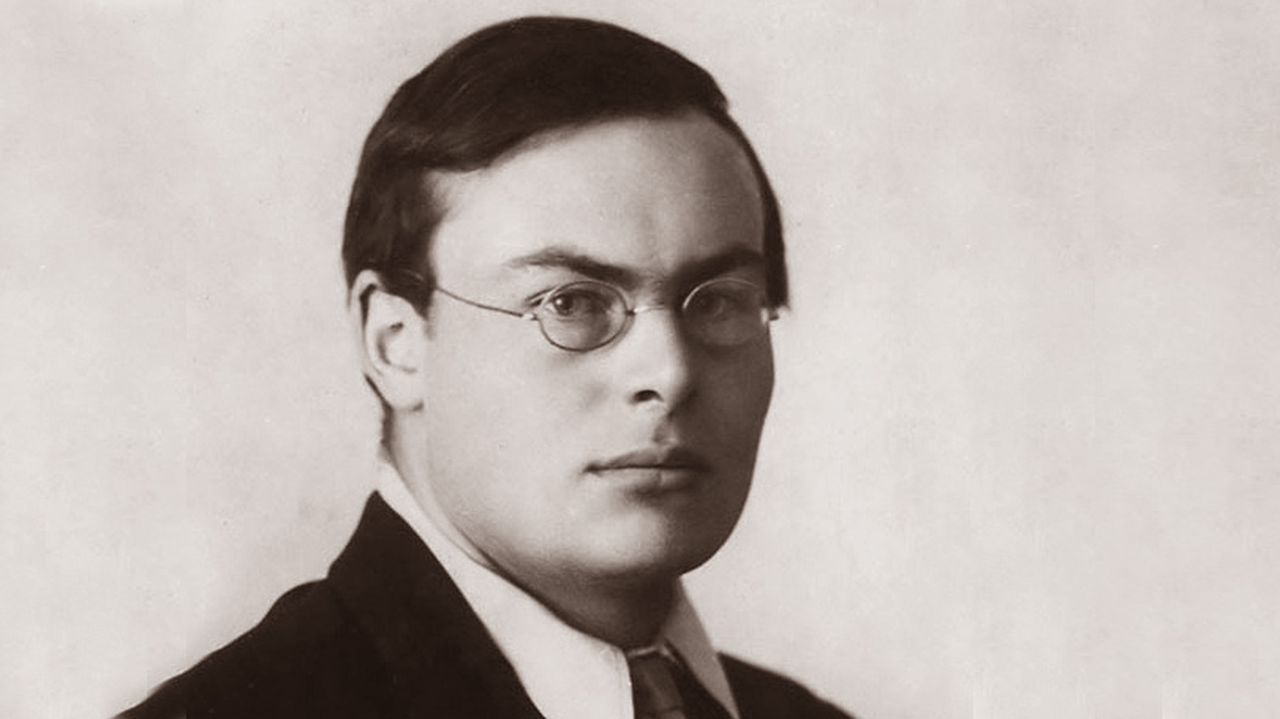William Petty 101: Who is the British Economist? In our article of Zatrun.com, we will cover in detail everything you need to know about William Petty, the English economist, scientist and philosopher that our readers are curious about.
Who is William Petty?
William Petty was born in Romsey on May 26, 1623, into a family engaged in the purchase and sale of fabrics. in 1637, he began working as a steward on a ship, but due to an injury to his leg, he had to leave the ship in Normandy. English Latin and English lessons from the Jesuits in Caen were then beginning to be taught. Latin Greek, French, mathematics, and astronomy, equipped with knowledge returned to England a year later, returned to the United Kingdom.

While serving in the navy for a short time, in 1643 he went to the Netherlands to study higher education. There he focused on anatomy. Later, through an English professor in Amsterdam, she became the private secretary of Thomas Hobbes, which allowed her to meet important figures such as Descartes.
in 1646 he returned to England to study medicine at the University of Oxford. Petty began teaching anatomy at Oxford in 1651 and taught music at Gresham College. in 1652, he served as a doctor in Oliver Cromwell’s army during the Invasion of Ireland. During this time, Petty took a stand against traditional universities. Like many people at that time, he was a follower of the new philosophy of science presented by Francis Bacon in his book “The New Atlantis”.
His Ideas and Works
Petty’s interests were so wide that he took on the task of preparing a map of Ireland in 1654. This ensured that the debts of those who supported Cromwell’s army were paid with Irish land. Petty completed this task in 1656, and the work became known as the “Down Survey”. The research was published in 1685 with the title “Hiberniae Delineatio”. William Petty himself was awarded 120 km2 of land in southern Ireland and £9,000 for this work. Because of these awards, he faces bribery and corruption charges until his death.

Petty was elected to the English Parliament as a supporter of Cromwell in 1659. He became one of the founding members of the Royal Society in 1662. He also published a book titled “Examination and Contributions on Taxes” in the same year. He was knighted by Charles and returned to Ireland in 1666, where he spent the remaining 20 years of his life. His move from Oxford to Ireland also marked a transition from medicine and physics to the social sciences.
During this time, he worked primarily to improve the prosperity of Ireland, and in his work he offered solutions for how the country could overcome its backwardness. he founded the Dublin Society in 1682. Petty died on 16 December 1687, after returning to London in 1685.
William Petty’s Major Economic Studies
Two important names influenced Petty’s thinking. The first of these is Thomas Hobbes, who thought that theory should show the rational requirements for “peace and abundance”. While Hobbes emphasized peace, Petty preferred to work on prosperity.
The second person who influenced Petty was Francis Bacon, who argued that mathematics and the senses should be the basis of the rational sciences. Based on this, Petty stated that he would rely only on measurable values and would aim for quantitative certainty, which he called “political arithmetic”.

Undoubtedly, Petty wrote his works before political economy fully appeared. Most of what he presents definitively does not meet his claims. Nevertheless, Petty left three works in the field of economics. These are the “Treatise on Taxes and Contributions (1662)”, “Verbum Sapienti (1665)” and “Quantulumcunque on Money (1682)”.












